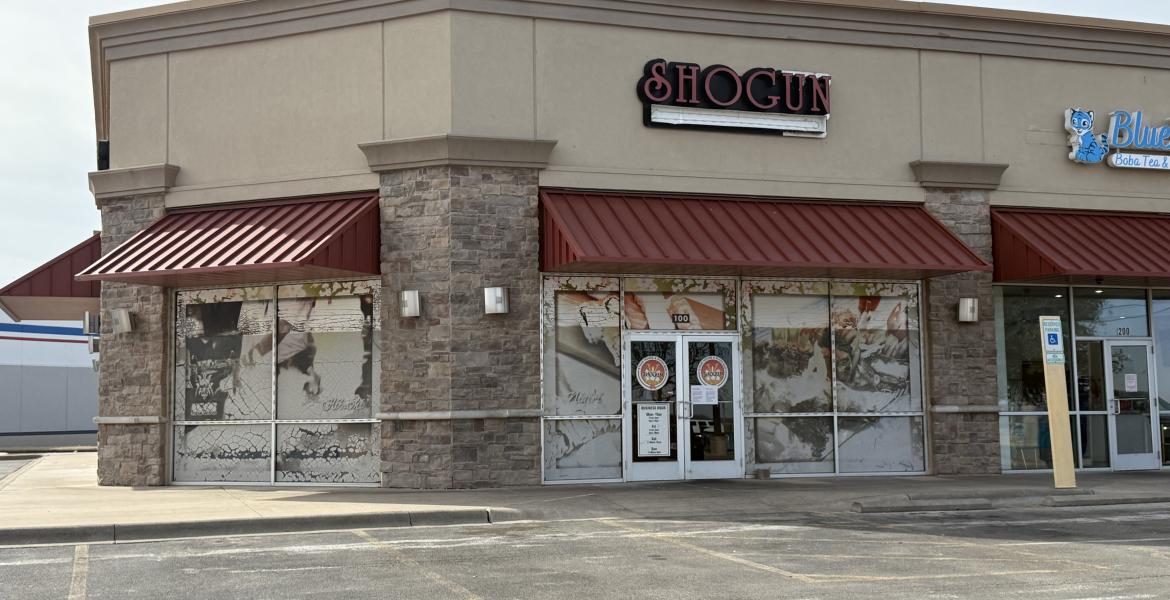(LUBBOCK, TX) – The designation of future Interstate 27 (I-27) became official on Tuesday, March 15 as President Biden signed into law the appropriation bill. The designation recognizes the Ports-to-Plains Corridor from Laredo, Texas through San Angelo and Midland to Raton, New Mexico as an addition to the Interstate Highway System.
President Biden signed into law the omnibus appropriation bill that designates future I-27 from Lubbock through Midland and San Angelo to Laredo. There are two central routes including one through Midland-Odessa and one that bypasses Midland and Odessa. A portion of the Midland-Odessa route includes SH 158 from Sterling City to Midland on SH 158 and is dually designated as part of I-14 and I-27.
“I am very excited that the I-27 highway expansion project is now written into law with the passage of the FY22 omnibus appropriations bill,” said Henry Cuellar, U.S. Rep. for District 28. This designation will make Texas and New Mexico eligible for increased federal funding to complete the I-27 highway expansion project, creating economic growth, jobs, trade opportunities across those two states. The I-27 expansion will grow the Texas GDP by $17.2 billion and create 178,000 construction jobs. It will also add 17,000 long-term employment opportunities in the new I-27 corridor. With this project, Laredo will also become the only port of entry that has three corridors: I-35, I-69, I-27—a boon for our trade economy. As a senior member of the Appropriations Committee, I will continue to fund projects in south Texas that bring good-paying jobs and ease quality of life for my constituents.”
“Establishing a four lane, federal highway for I-27 is a game-changer for our economy and quality of life in West Texas for decades to come and will strengthen our food security and energy independence for the entire country,” said Jodey Arrington, U.S. Rep. for District 19. “I had three big goals for a better and stronger West Texas when I took office in 2016 - get cotton back in the farm bill, secure the B-21 bomber at Dyess, and establish a federal highway for West Texas. I had a lot of help from colleagues on both sides of the aisle, and I’m humbled by the opportunities this will provide for generations of West Texans.”
Receiving the future interstate designation is the first step to begin fundraising for the extension of I-27. As TxDOT’s feasibility study determined, the extension of I-27 impacts the state of Texas in improving the safety of the roads by reducing the annual crash rate by 21% and providing more access and opportunities for rural America.
“I am ecstatic we received the future interstate designation for I-27 which will allow for the necessary infrastructure improvement to bring growth to our region and the state of Texas,” said Dan Pope, mayor for the City of Lubbock. “As with most momentous achievements, our thanks are due to many in their support of this project. From the Governor to our U.S. Senators and Representatives, as well as our State Representatives, this will be a changing moment in Texas for decades.”
“This exciting news represents years of planning and collaboration by so many people,” said Ginger Nelson, mayor for the city of Amarillo. “The extension of I-27 is vital to our future growth.”“One of the most significant events of today was the inclusion of the designation of I-27 in the appropriation bill,” said Brenda Gunter, mayor for the city of San Angelo. “We are seeing a project that will have a significant impact on the Texas economy as well as our national GDP. The hard work and effort to accomplish this designation is finally paying off with a tremendous impact on the future of our region and the state of Texas. Thank you to all who have been a part of the process.”
The Corridor represents three of the eight border crossings along the Texas-Mexico border: Laredo, Eagle Pass and Del Rio. As the next steps to fund and construct the extension of I-27 begin, the economic benefit for the U.S. is the addition of 1.7 million jobs and a $287 billion increase in GDP along the Corridor.“The impact of this designation is tremendous as it allows for the enhancement of infrastructure for domestic and international markets, creates safer roads for leisure and business travels, and connects underrepresented communities throughout the Corridor with outside markets,” John Osborne, chairman of the board for Ports-to-Plains Alliance. “We would not be celebrating this historic moment without the support of Congressman Arrington and Cuellar and Congresswoman Granger, Senators Heinrich and Lujan, as well as our team of advocates at Hance Scarborough. We are grateful for their leadership and support of this project.”
Subscribe to the LIVE! Daily
Required






Post a comment to this article here: